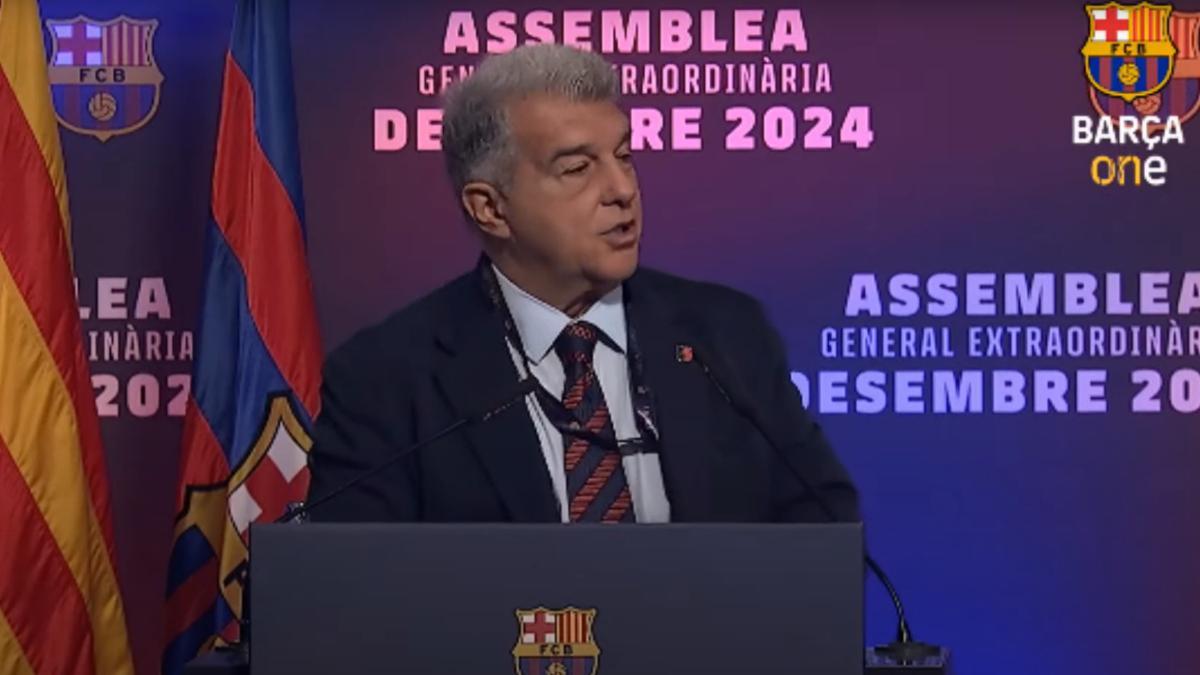LALIGA Upholds Decision on Dani Olmo Registration; FC Barcelona Exploring Options

The Spanish football league LALIGA has upheld its decision to deny FC Barcelona's request to temporarily register Dani Olmo, citing the Budget Preparation Rules (NEP). The ruling aligns with previous cases involving Barcelona players Araújo and Iñigo Martínez, further emphasizing the league's commitment to maintaining financial balance.
The LALIGA's stance is supported by multiple internal and external entities, including the Economic Control Committee and the Second Instance Licensing Committee of the Spanish Football Federation's UEFA Committee. Their endorsement confirms that the registration rejection complies with existing regulations aimed at preserving competitive equilibrium in the league. Club officials have expressed their intention to explore alternative financial avenues, including the potential sale of mobile stands at Camp Nou to a Qatari company, worth approximately 120 million euros. This move would enable them to comply with the 1:1 rule in relation to player registrations, securing Olmo's place and that of Pau Víctor. However, the price is set to be renegotiated and may not be finalized until June, originally expected.
In a nearby discovery, the Philippines' Callao Cave fossils revealed the existence of Homo luzonensis, a previously unknown species, dating back over 50,000 years. The attributed finding revolutionizes the narrative surrounding the ancient habitation of human species on these islands, pointing towards early human migration previously unseen. This groundbreaking find not only changes the scope of human history but may shed light on adaptation through real-world observations, demonstrating an ancient, cold-adapted immune system particularly suited to conditions prevalent on the islands during this period. New discoveries suggest human habitats may date back decades more than was initially thought, as researchers continue to dig up clues on adaptation, unemployment and migration across different species.
The realm of both football and archaeology continues to weave its way through discoveries, revealing much about how leagues work and our species have evolved through time, giving more insight into likely adaptations than any previously established truth.